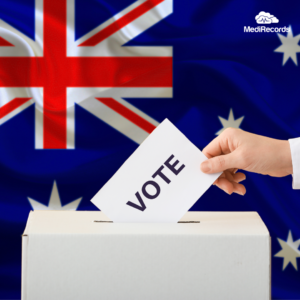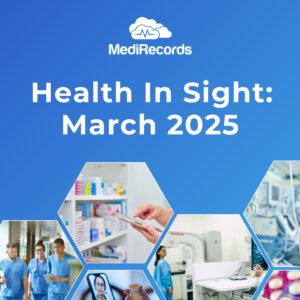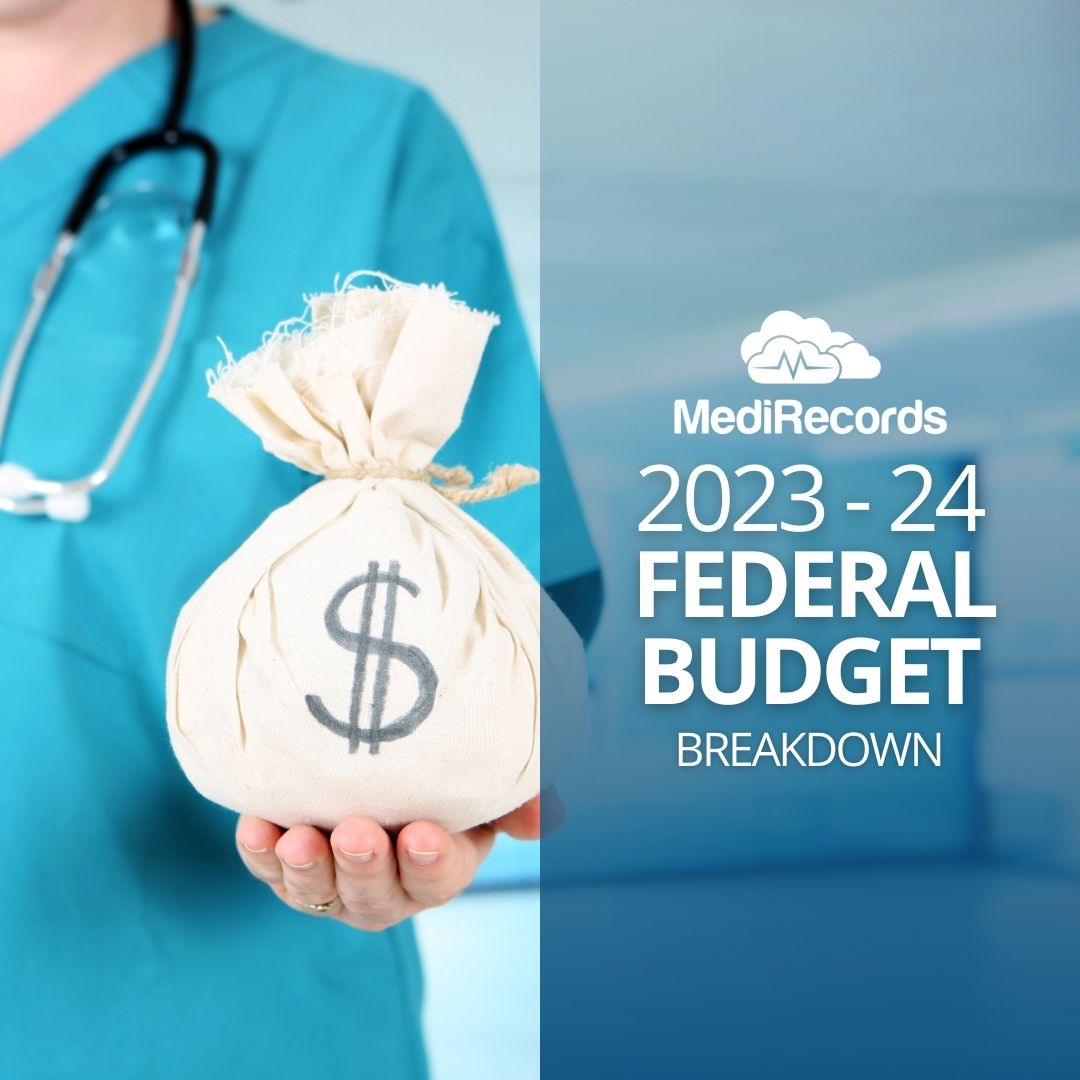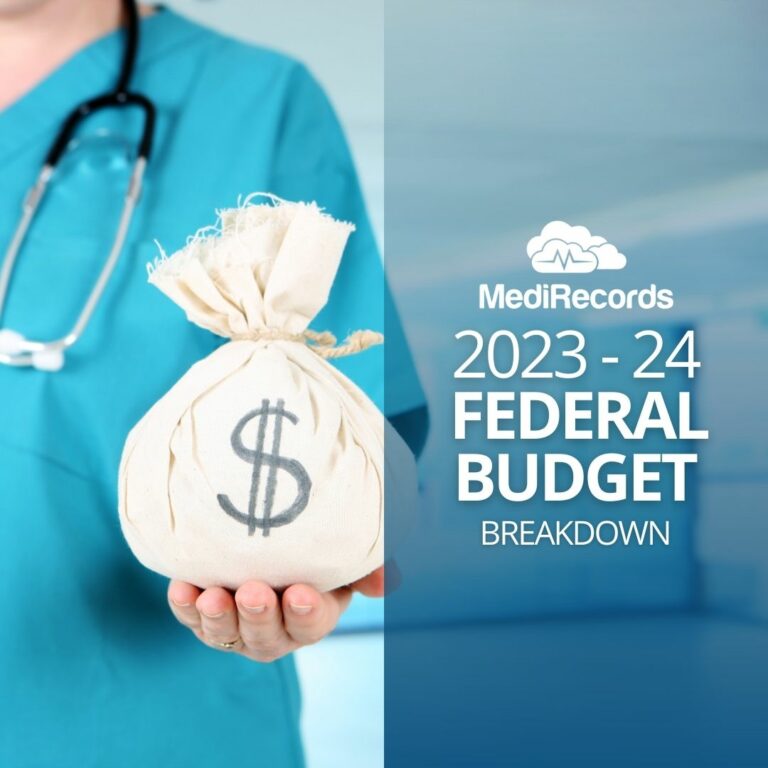May 15, 2024
Female-Friendly Federal Healthcare Budget
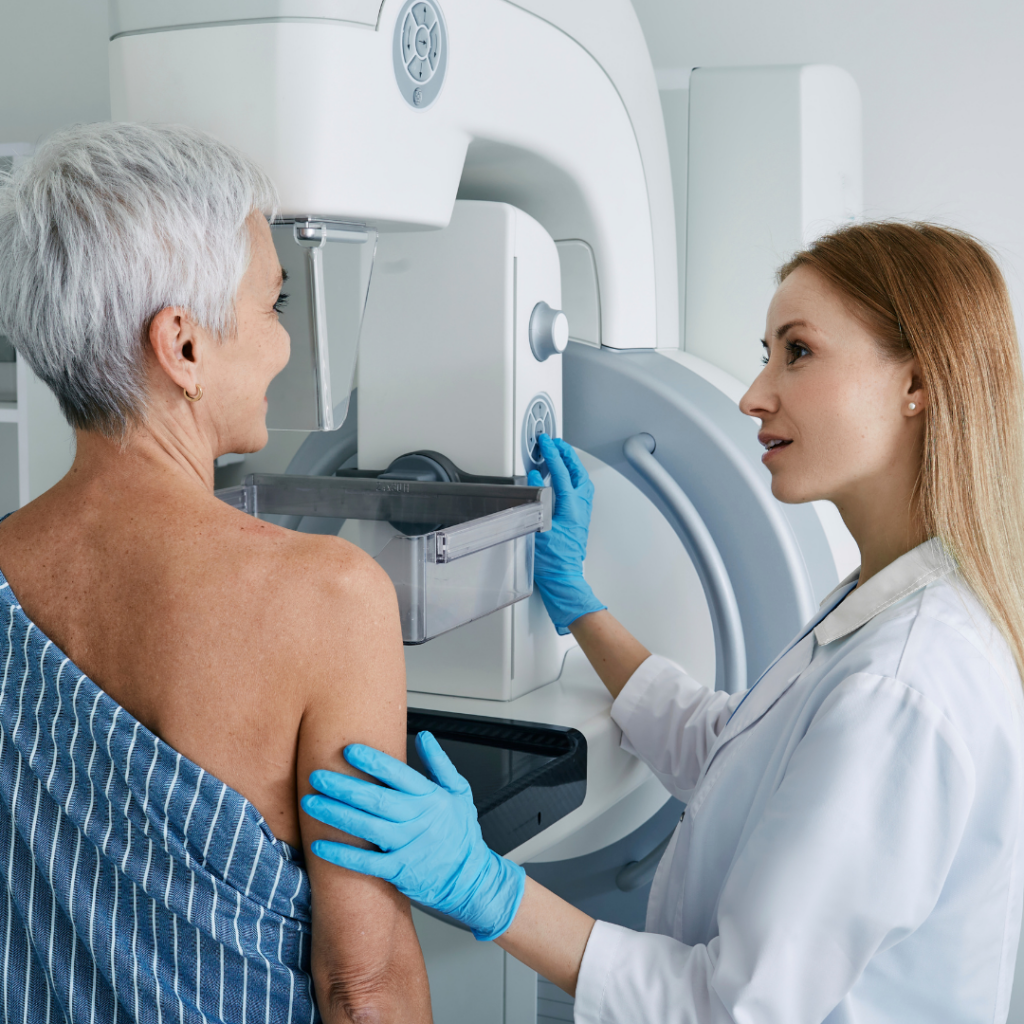
Australians can look forward to a price-freeze on medicines, 29 new Medicare Urgent Care Centres, 61 walk-in Medicare Mental Health centres and a raft of cancer, HIV and women’s-health measures, as part of a $2.8 billion health package in the 2024 Federal Budget.
More virtual care and hospital outreach services are also planned to avoid unnecessary hospital admissions — and enable older patients to be discharged sooner into medically supported, safe, comfortable environments.
Older Australians will also benefit from an extra 24,100 Home Care Packages, which are intended to reduce wait times to an average of six months and provide greater access to in-home aged care.
Other big-ticket items from the Federal Budget include:
- More affordable medicines via a price-freeze on Pharmaceutical Benefits Scheme (PBS) medicines to beat inflation: $318 million
- Life-changing and life-saving medicines added to the PBS, reducing costs to consumers: $3.4 billion
- Conversion and expansion of 24 existing Head to Health services into 61 walk-in Medicare Mental Health centres across Australia: $163.9 million
- 29 new Medicare Urgent Care Clinics, aimed to reduce waiting time at hospital emergency departments: $227 million
- Military veterans’ claims processing is prioritised with an additional $186 million for staffing and $8.4 million to improve case management and cyber security. The Government will also provide $222 million to overhaul legislation covering veterans’ compensation and rehabilitation. It will direct a further $48.4 million to Veterans’ Home Care and Community Nursing programs, and $10.2 million to fund medical treatment for ill and injured veterans waiting for liability claims to be processed.
- Free bowel cancer test kits for Australians aged 45-49, allowing them to join the over 50s ($39 million)
- New Medicare-benefit-scheme tests, including for suspected heart failure and rare cancers, to reduce waiting times and catch health problems sooner. A skin cancer prevention initiative is also included. ($25.3 million)
- Improved preventative health measures such promoting health and fitness, including $132.7 million for grassroots community and school sport to encourage participation.
- Spending of $44 million will further Australia’s goal of eliminating HIV (human immunodeficiency virus) transmission by 2030. Federal Health and Aged Care Minister Mark Butler said Australia aimed to be the first nation to wipe out HIV.
- A boost for alcohol treatment and prevention services, better nutrition programs and organisations supporting people with chronic conditions.
- $314.5 million in close-the-gap efforts include $164.3m towards First Nations health infrastructure projects, $54.3m towards training up to 500 First Nations health workers, $45m towards boosting renal services, and water infrastructure works.
Women’s health is prioritised, including funding for breast cancer treatment subsidies, contraception training for practitioners, and development of a virtual contraception decision-making tool. Other initiatives aimed at women’s health include:
- Medicare: Longer consultations provided for complex gynaecological conditions like endometriosis, reducing out-of-pocket costs for women.
- Menopause Training: $1.2 million for health professionals’ training to manage women’s health during menopause.
- Breast cancer: Cutting the cost of a specific treatment from around $100,000 to $31.60.
- Funding for research on menopause, pregnancy loss, and fertility: $53.6 million over four years
- Miscarriages and sexual/reproductive health: $8 million for developing data sets
- Enhanced antenatal and postnatal care, including mental health screening: $56.5 million over four years
- Miscarriage: public awareness program, with support for affected women and families
- First Nations Women’s Health: Investments in prevention work for preterm births, stillbirth action plan, and free period products for First Nations communities.


